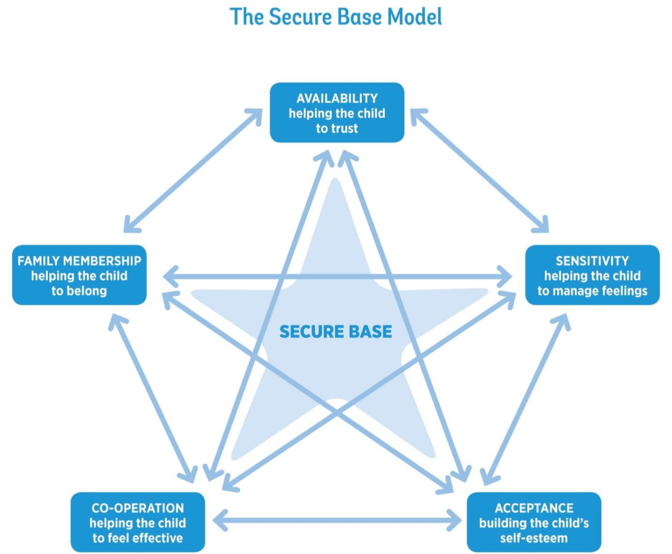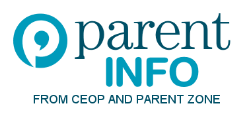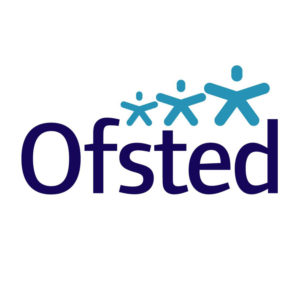Chapter contents
Purpose of the Foster Parent Handbook
The Foster Parent Finance Handbook
About Us
ISP began as a small agency, set up in 1987 by a group of foster parents. We were the first independent fostering provider in the UK. Since then, we have grown and developed across central and southern England. We are now part of a wider group of agencies (Polaris).
We provide foster families, education support and therapy for young people in foster care. Our team includes social workers, advisors, therapists and teachers. We work together to support our young people, and the foster families in which they live. Above all, our aim is to help our children thrive.
Our Regional Centres
We have several regional centres. Our foster families therefore have a local support network and our young people have a chance to get to know us. Our regional centres are all separately registered with Ofsted:
- Bromsgrove
- Buckinghamshire (with offices in Chesham, Milton Keynes and Wisbech)
- Enfield (also covering the South London area, with an office in Cheam)
- Sussex (with offices in Battle and Albourne, and also covering the Hampshire region)
- Rainham
- Teynham
Each centre has a written Statement of Purpose. This explains the aims and objectives of the fostering service as well as the services and facilities it provides.
You can read your centre’s Statement of Purpose, and find their current contact details by visiting our website www.ispfostering.org.uk
Secure Base Model
We use the concept of a secure base to understand how children form relationships and develop. It also helps us to understand the role of the foster parent as the primary caregiver.
You will first hear about the Secure Base model in our Skills to Foster course. Many of our training courses also explain how we can use the model to help our young people.
A secure base is at the heart of any successful care-giving environment. This is the case within birth families, foster families, residential care and adoption. It helps the child to feel secure, confident and capable, and builds their resilience.
The caregiving dimensions
The Secure Base model proposes five dimensions of caregiving. Each of these is associated with a particular developmental benefit for the child. The dimensions overlap and combine with each other to create a secure base for the child, as represented below:

Read more about the Secure Base model in Chapter 9.
Policies and Procedures
Our policies are available to view here within our Foster Parent Handbook. Relevant policies are located within each chapter, and there is a page at the end of the Handbook with all policies together, for ease of reference.
Learning and Development
Fostering regulations, and the Training, Support and Development (TSD) Standards require foster parents to participate in a range of essential and ongoing learning and development activities.
At ISP, we believe that training can help you improve your practice. It is also vital to safeguarding children, you and your family. We will offer the training you need to provide the best possible care and support to children and young people. Your own children (aged 16+) and members of your support network are also welcome to attend training courses. We value and appreciate the care and commitment you provide for the children and young people.
As well as agency-specific training courses (including our City & Guilds Accredited Therapeutic Training Pathway), being part of Polaris gives us access to a wide range of additional online and virtual training courses. Training calendars are published on a regular basis; and courses are bookable through our ‘Learnative’ website. Our training opportunities are highlighted throughout this handbook, with links to ‘Learnative’, and you can read more about our training offer in Chapter 2
Purpose of the Foster Parent Handbook
This handbook is intended to be both a source of information and a good practice guide. It should be helpful for you as a foster parent, your Supervising Social Worker, and for other staff at ISP.
This handbook is a guide for many aspects of day-to-day practice. It cannot cover every situation you will experience, and every child’s needs are different. For this reason, it is not intended to replace good communication between you and your local ISP team. Good communication will help you to tailor your responses to the child’s unique situation.
Foster Parent Finance Handbook
Each financial year, we update and issue a Foster Parent Finance Handbook. This handbook covers everything that you need to know about payments and allowances at ISP. You can obtain a copy of the current Finance Handbook from your local ISP Centre.
N.B. Our scheme changed in 2016. The new scheme applies to families who enquired after May 2016, and any carers who chose to switch schemes.



